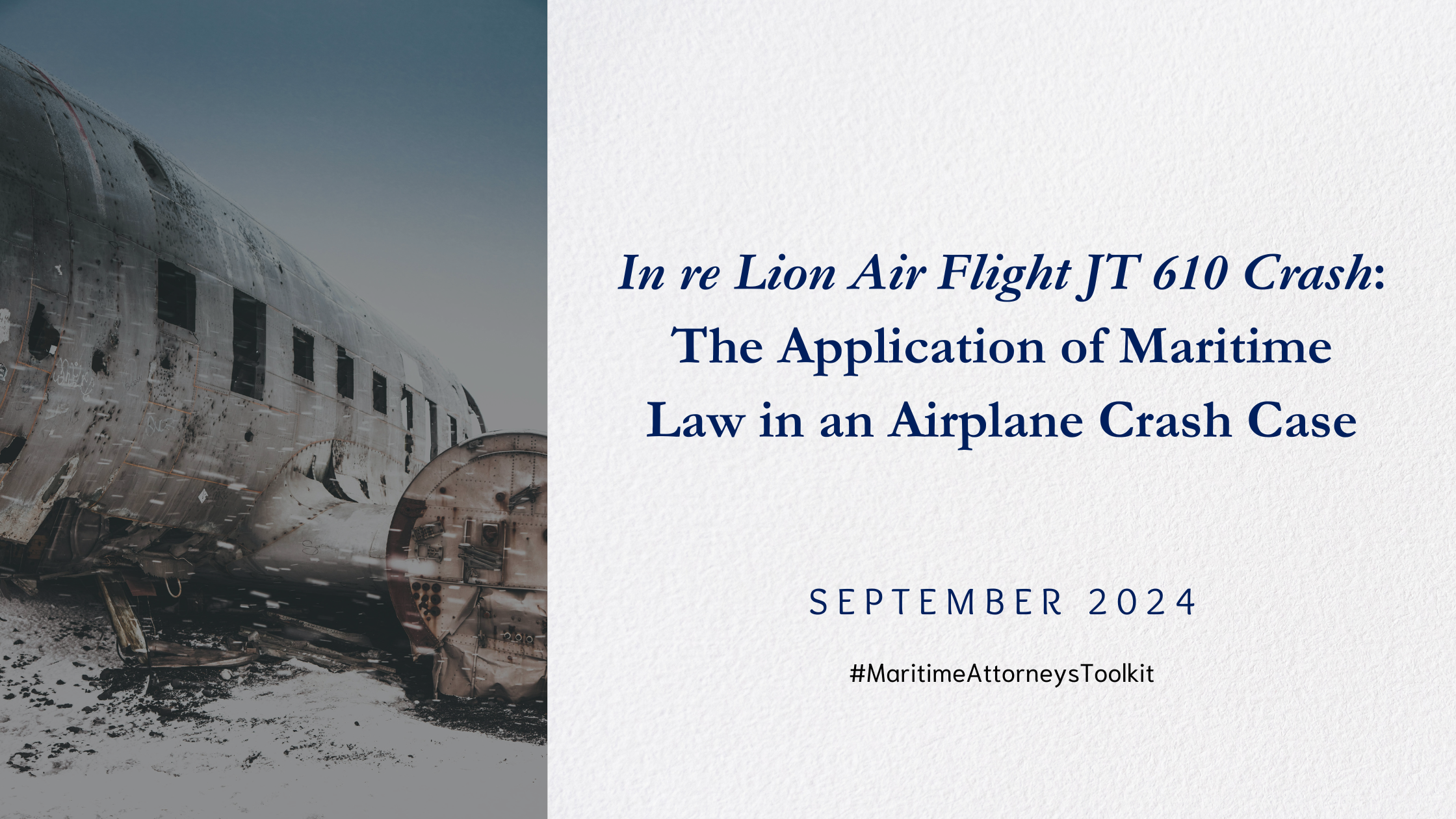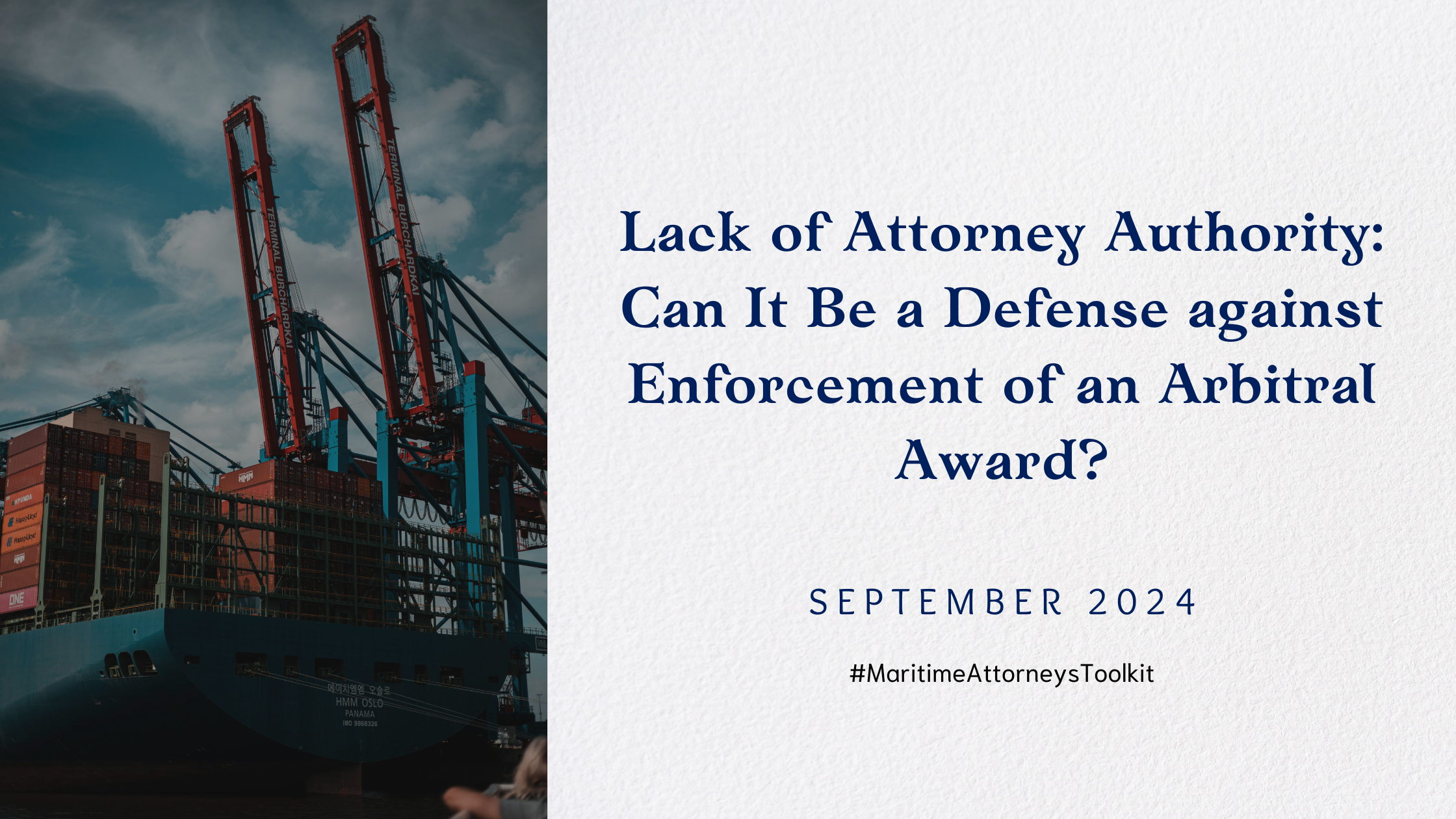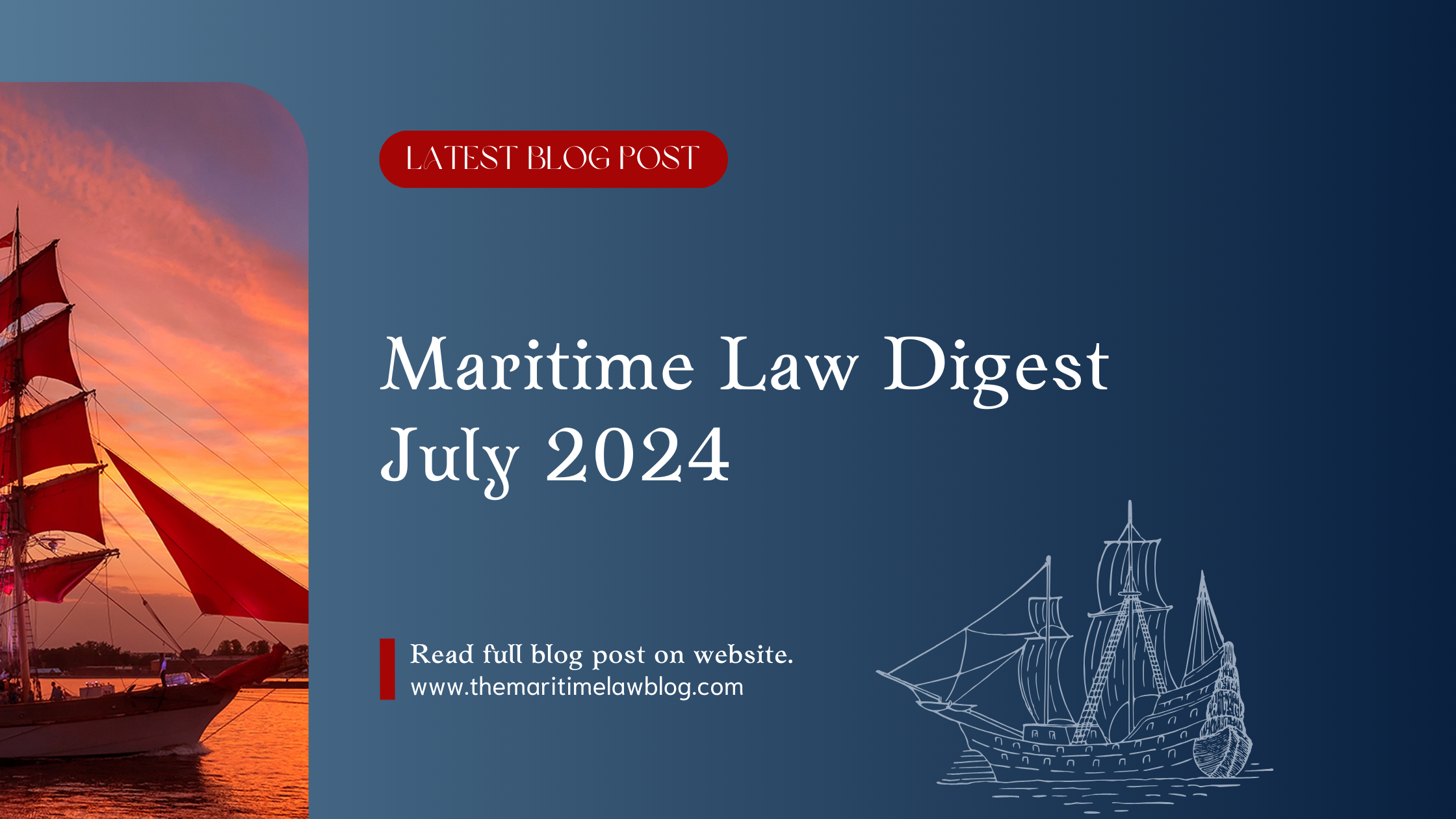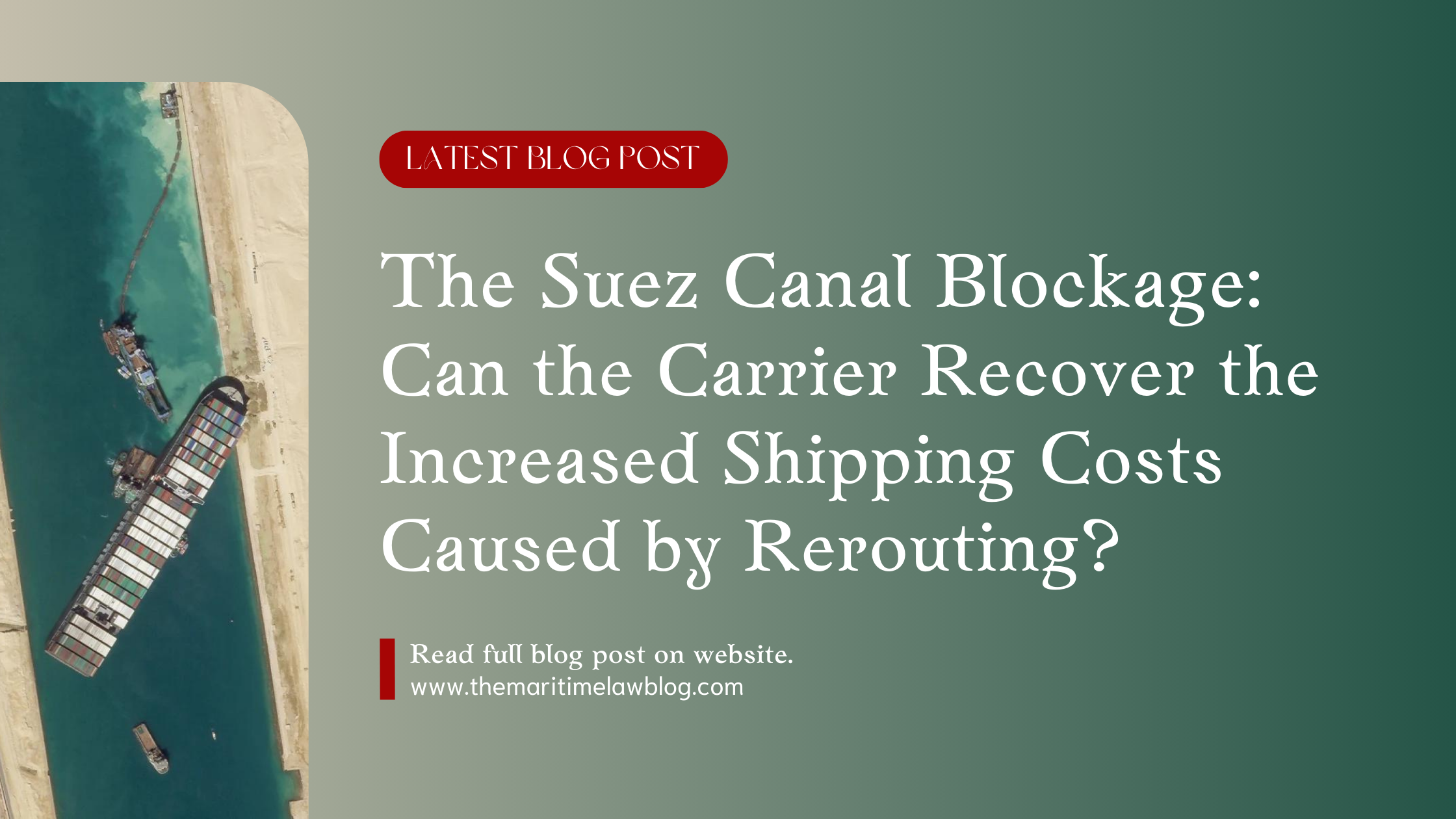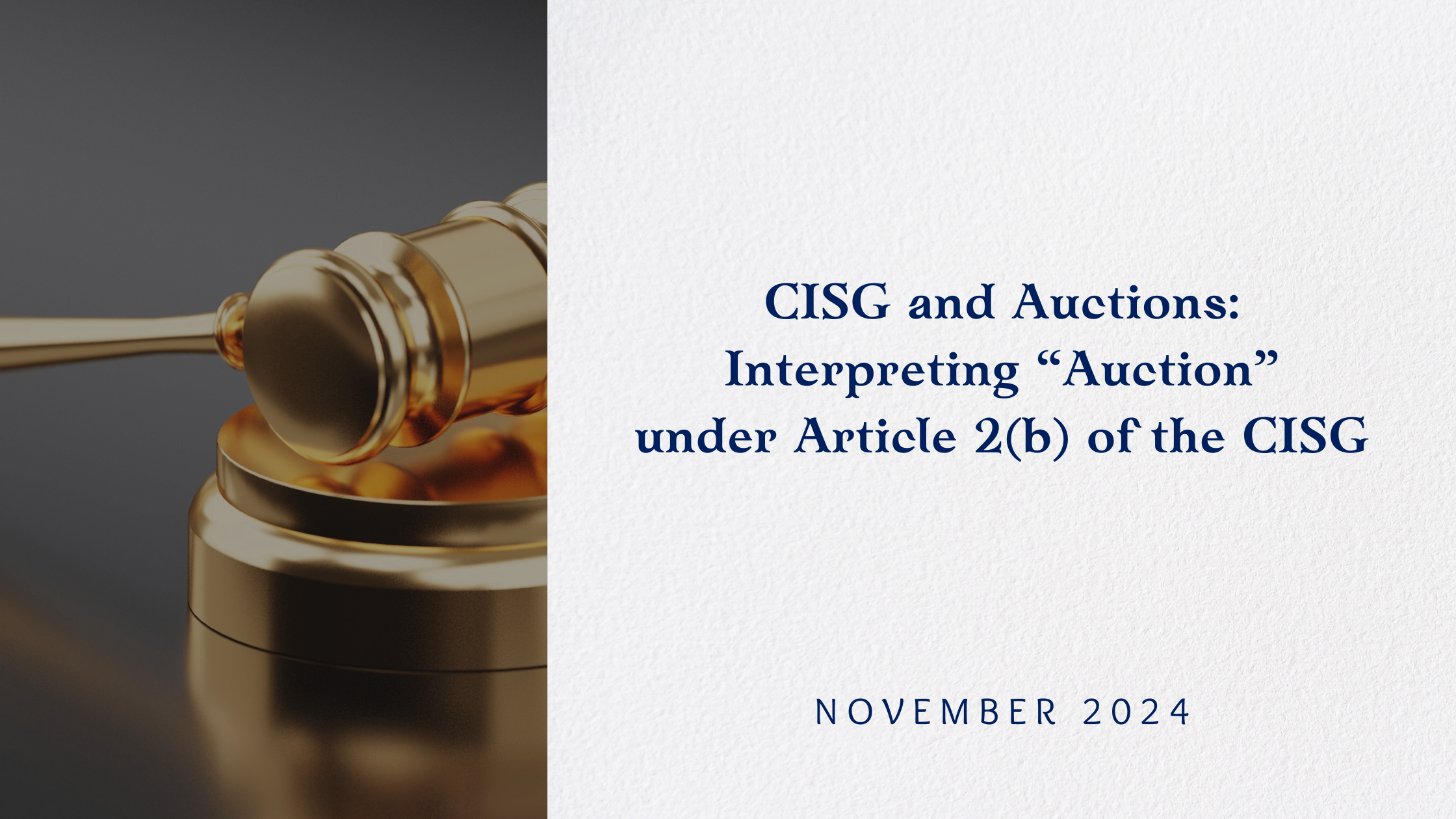
CISG and Auctions: Interpreting “Auction” under Article 2(b) of the CISG
Pursuant to Article 2(b) of the United Nations Convention on Contracts for the International Sale of Goods (CISG), the CISG does not apply to sales by auction. What was the rationale for the exclusion of sales by auction from the scope of the CISG? How should an “auction” be interpreted under Article 2(b) of the CISG? Should any and all auctions fall within the scope of Article 2(b) of the CISG? These questions are explored in this article.


